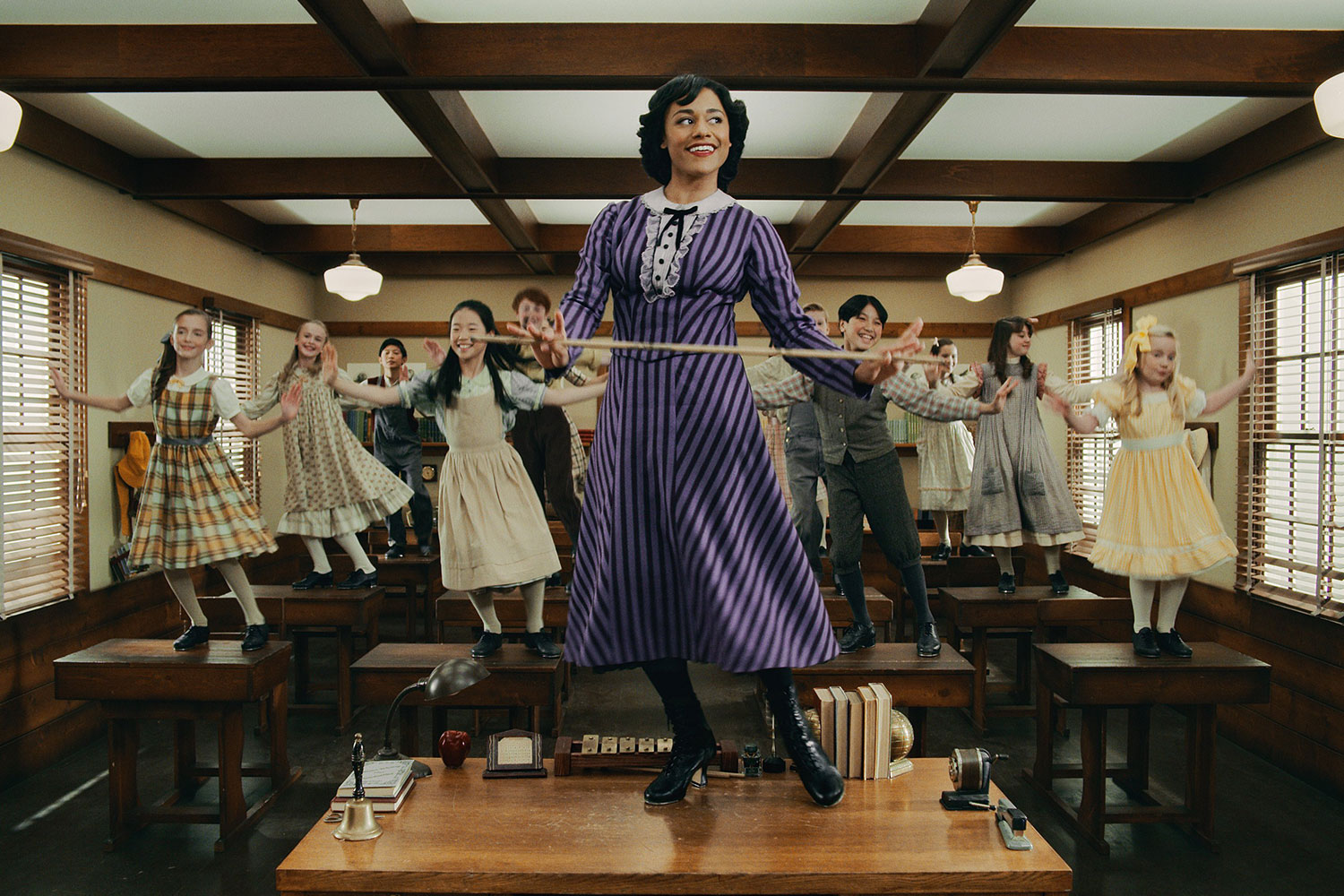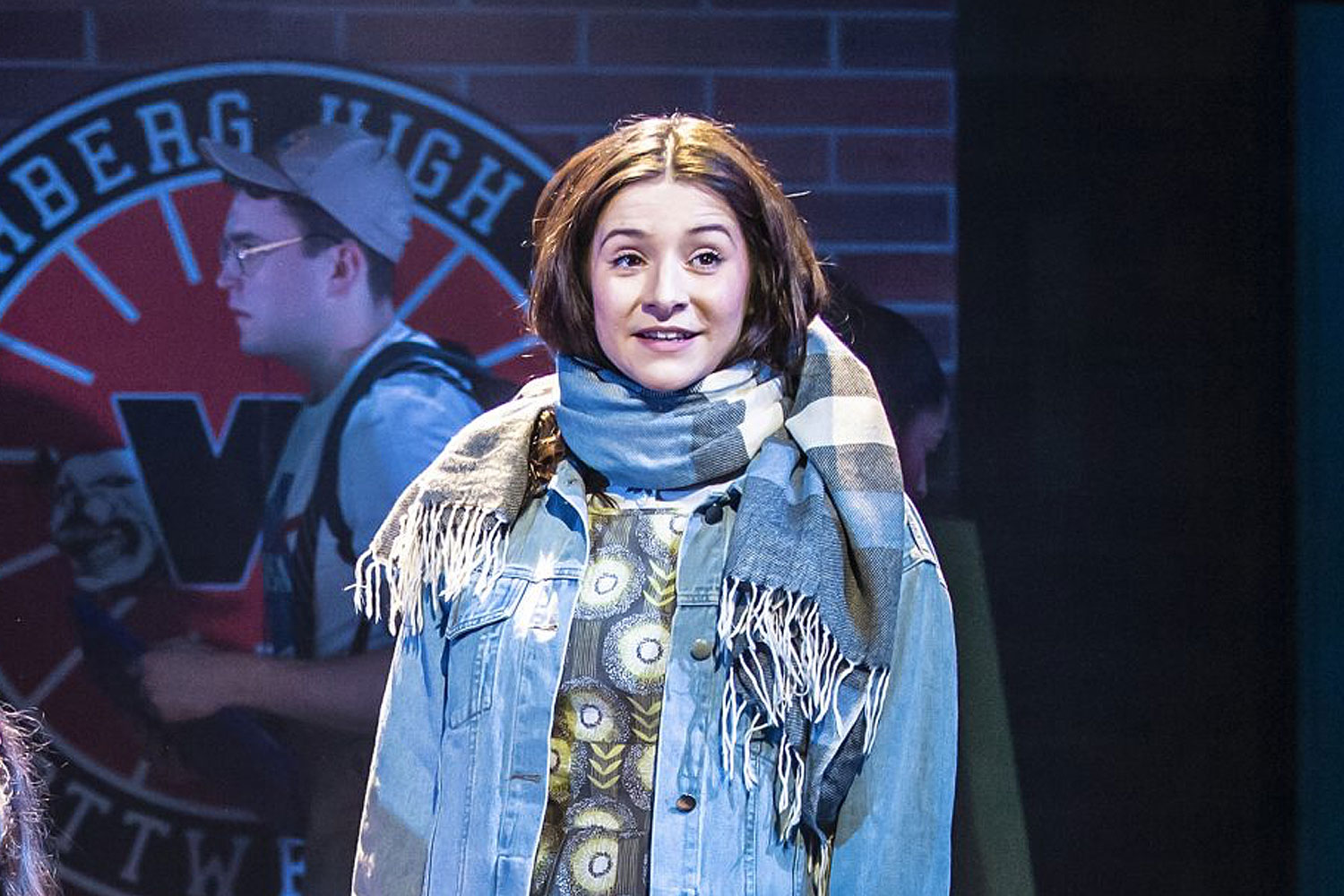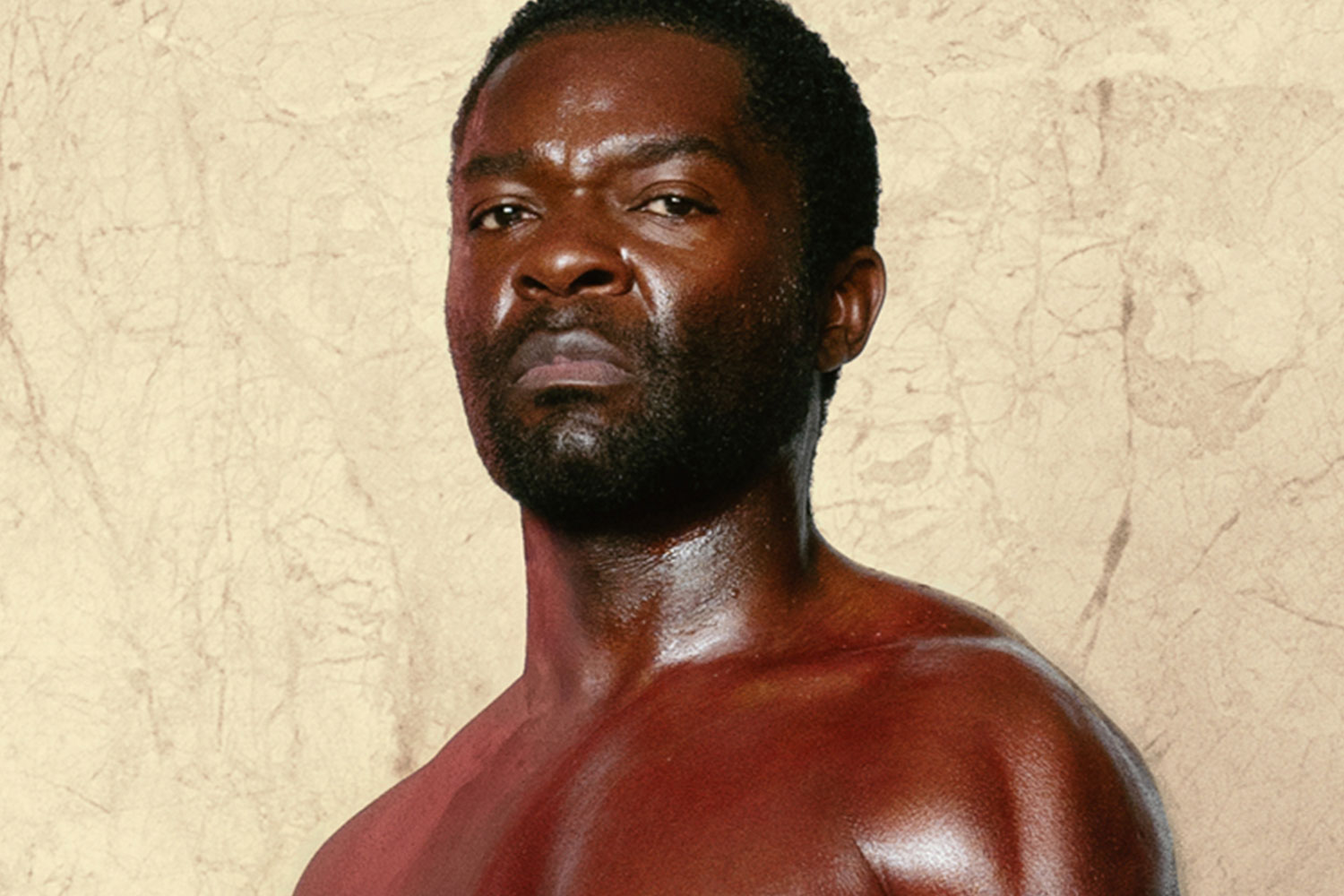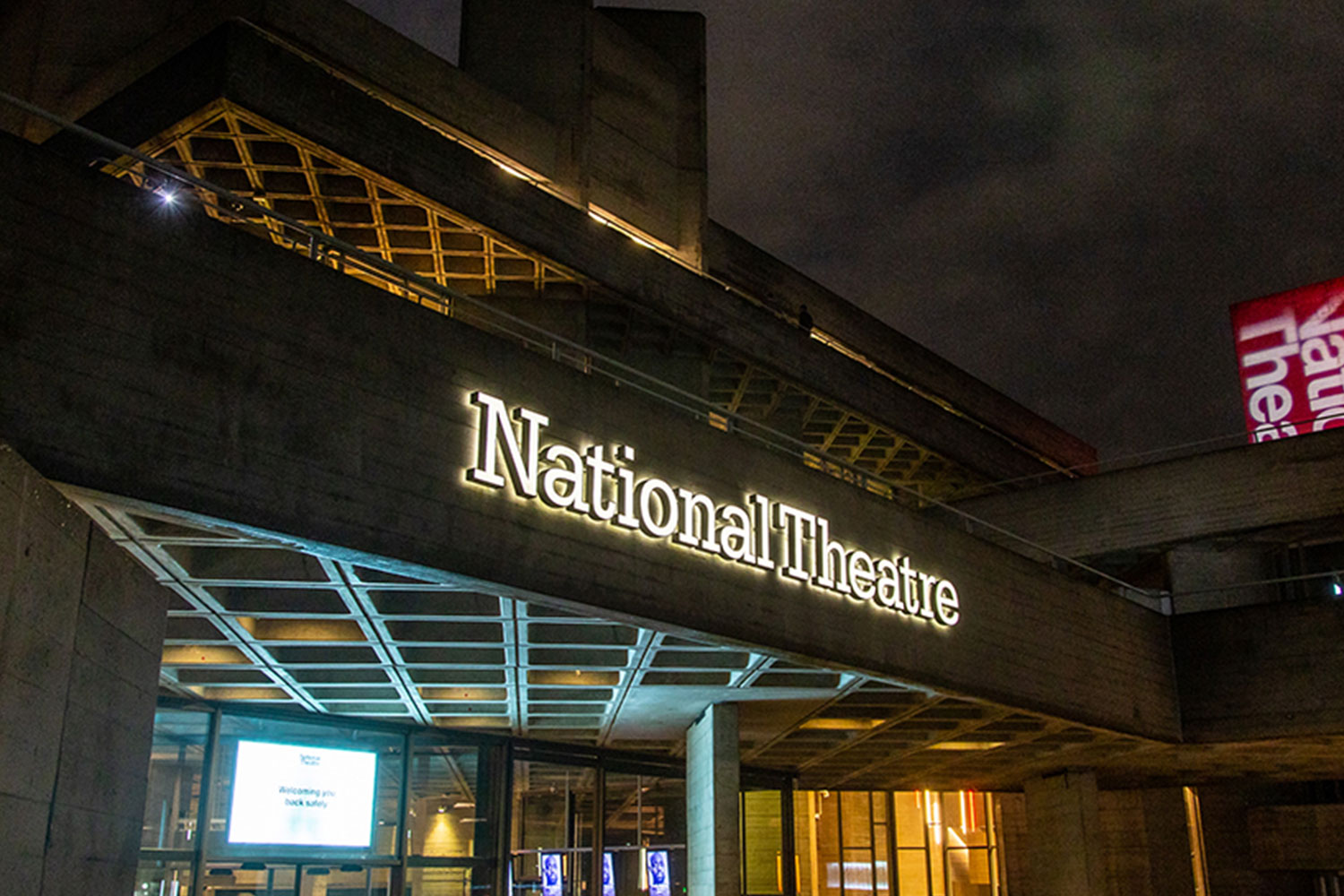Journey’s End
David Grindley’s 75th anniversary production of Journey’s End is now in its second year and fourth venue in the West End, complete with a new cast – and none of the poignant tragedy of the drama has been lost in transfer.
RC Sheriff’s classic, based on his own experience in the trenches, follows a group of officers positioned behind British lines at St Quentin, France, awaiting their fate before a massive German offensive – an event which saw the deaths of 38,000 men.
The most striking element of this play is the silence. Several characters comment on how quiet it is in the trenches. The tension of just waiting for something to happen is superbly evoked by the ensemble cast, who (between sharply delivered bursts of dialogue) are comfortable enough in their roles to hold the stage alone in silent thought – an effective device which allows the audience a chance to reflect simultaneously on the futility of war. As fresh-faced 18-year-old 2nd Lieutenant Raleigh (a gripping performance from Tom Payne, making his professional theatre debut) comments, “It all seems rather silly, doesn’t it?”
The human quality of the drama is brought home by the individuality of well-developed characters, all of whom have their own personalities and anxieties. It’s often the more personal touches which really make an impact – such as the way young Raleigh idolises Captain Stanhope (compellingly played with power and authority, but also a hint of vulnerablility, by Ben Righton) because they were at school together and Stanhope was “one of the big chaps” being three years older; and the way the young company members look to Lieutenant Osborne (a touching performance by Michael Siberry) as a father-figure.
For all the seriousness, though, there’s plenty of humour as the men keep their spirits up by trying not to think about the gravity of their situation. This serves to emphasise the fact these soldiers are men – men with homes and families, and the hope of a future when the war ends. The humour also creates a balance between comedy and tragedy that makes the drama bearable for the audience to witness.
But it is the very end of the play which packs the biggest punch. The deafening sound of machine gun fire and explosives resonate around the auditorium as the curtain descends in darkness, before being brought up to reveal the cast standing absolutely still in front of a memorial, with bright light and the sound of birdsong. The audience may want to applaud the cast’s efforts, but the overwhelming quiet does not allow a sound.
– Caroline Ansdell
Note: The following FOUR-STAR review dates from August 2004 and this production’s earlier West End run.
Who would have thought that Journey’s End could turn into the new
An Inspector Calls? Not since the National Theatre revived JB
Priestley‘s classic drama in 1992, and saw it go on to become a
long-running West End success that ran, on and off, for a decade before
closing at the Playhouse, has a production not only reinvigorated what could
be called a warhorse of a play in every sense, but also made it chillingly
alive for today – simply by doing the play as written.
When David Grindley‘s dark, brooding production of Journey’s End
opened at the Comedy Theatre on the 75th anniversary of its original 1929
staging, it was only scheduled for a 12-week run; but here it is, now on its
3rd cast (and second theatre, coincidentally also the Playhouse), and about
to launch a simultaneous UK national tour, too.
And just as An Inspector Calls took the pulse of the times in
reflecting Margaret Thatcher’s 1987 statement, “There is no such thing as
society,” and powerfully proved the importance of there being one by showing
a rich family all of whom were somehow implicated in the sudden death of a
lowly shop assistant, so Journey’s End strikes all sorts of
contemporary resonances by putting us on the frontline of a war, a situation
we are suddenly all too sadly familiar with once again. But this isn’t
news – it’s drama; yet the accumulating sense of atmosphere and detail is so
intense that it could be a documentary.
For its original audience – many of whom may have had first hand experience
of being in the trenches of the First World War, and others who could only
imagine, as we do, what it must have been like – it was just 11 years from
the events described in the play, and without the kind of television
reporting that now puts us all on the frontline of any war that’s being
fought, this play must have been the equivalent of a documentary replay.
But as drama, it also humanises the facts, and invests us personally in the
desperate raid across German enemy lines – just 100 yards away – that these
men are going to be asked to do. Grindley’s tautly and eventually
terrifyingly atmospheric staging plays it for truth, but also for feeling.
Some of the new actors have a tendency to play it a little broader than
before – there’s some rep acting here that doesn’t belong, and neither
Brendan Patrick as the regiment’s captain nor Peter Sandys-Clarke as new
arrival Raleigh have quite the utter conviction of their predecessors. But
the play is beautifully anchored by the quietly devastating performance of
Malcolm Sinclair, as the second-in-command who resigns himself to his
destiny even as he recalls days spent gardening back at home.
It is no disrespect to him, however, to say that the most powerful moment
of this production occurs just after he leaves the stage and it’s left
entirely empty, except for the swirl of smoke and the sound of gunfire, as
he and his men go into battle. It’s unforgettable. So is the ending of this
still unmissable production.
– Mark Shenton
Note: This review dates from 24 May 2004. The cast has changed since the writing of this review. For current cast details, please see the Journey’s End listing entry.
It’s some achievement for a straight play to transfer to a new theatre at the end of a successful West End run, particularly when that play has no big stars in it and is 75 years old.
In this case, the producers have benefited from the fact that Journey’s End is a set text in many schools, but clearly, R C Sherriff‘s classic anti-war play has also struck a chord with many theatregoers who don’t have to sit exams on it this summer. No doubt many of them would have been contemplating life for the young men, barely out of school themselves, who fought in this most terrible of wars.
David Grindley‘s intense production, complemented by Jonathan Fensom‘s claustrophobic set, captures the futility of it all.
Some members of the cast have remained with the production in its new home at the Playhouse, notably Paul Bradley‘s no-nonsense working class officer, but the leading roles have all changed.
The whisky-drinking Stanhope is now played by David Sturzaker, who gives a solid portrayal of a good young man under intense pressure. A little too good perhaps, it’s hard to see beyond the inherent decency to the paranoid wreck Stanhope’s become.
The part of the idealistic young Raleigh has now been taken by Toby Kebbell. H does well to convey the youthful fervour of someone who views war as akin to a game of rugger – and who is quickly disullusioned. Philip Franks‘ thoughtful, elderly (by the standards of the trenches) schoolmaster is a definite plus. His measured delivery acts as a calming influence on his younger companions.
Pearce Quigley‘s Mason, the culinary whizzkid of the officers’ mess, provides some comic relief amidst the horrors. Maybe my attitudes to the First World War are now coloured by Blackadder but to my mind, he sounded exactly like Baldrick. I half expected to hear “I have a cunning plan”.
Some of the attitudes in Sheriff’s play may have dated – the language certainly has – but this is a fine revival, an emotionally charged production that hasn’t been diminished one iota by cast changes.
– Maxwell Cooter
NOTE: The following four star review dates from January 2004 and this production’s initial dates at the West End’s Comedy Theatre. For cast information at the Playhouse, see performance listings.
Drama about modern warfare, like The Riot Group’s current Iraqi War protest piece Pugilist Specialist, are apt to be unapologetic attacks on international policy. R C Sheriff’s Journey’s End – which marks its 75th anniversary with David Grindley’s superb new West End revival – is often billed as a classic ‘anti-war’ play, too. But while the sense of futility is palpable, Sheriff’s piece hails from a much different world and a much different type of war. It’s less about message than men; men, and how they cope in extraordinary circumstances.
One of the most intensive German offensives of the First World War took place on 21 March 1918 at St Quentin in France. That’s where we find ourselves in Journey’s End, hunkering down underground in Jonathan Fensom’s claustrophobic dug-out with a group of officers trying desperately to distract themselves from the onslaught – and almost certain death – that they know is only hours away.
The company’s tenuous equilibrium is upset by the arrival of Raleigh (an endearing Christian Coulson), a newly commissioned 2nd lieutenant and former schoolmate of his hero, Stanhope. But the captain before him is not the Stanhope Raleigh once knew.
After three years on the front line, Stanhope has turned to whisky to steady his shot nerves. Unfortunately, it’s also fed his paranoia, worsened by the presence of his old chum, who Stanhope fears will expose him as an alcoholic to his sweetheart, Raleigh’s sister. Hero worship is all well and good “as long as the hero’s a hero”.
As Stanhope, a pale Geoffrey Streatfeild gives a stand-out performance. Haunted by what he’s seen and lost, this captain is himself still hunted but, while always struggling to contain his obvious panic, he nonetheless manages to draw on deep reserves of dignity and fortitude. He knows that he and his fellows must “stick it together”, no matter what, because that’s “the only thing a decent man can do”.
Elsewhere in a fine cast, David Haig’s calm Osborne, a one-time schoolmaster wistfully recalling days of ‘rugger’ and walks in the New Forest, provides the emotional ballast, while Paul Bradley’s chirpy Trotter and Phil Cornwell’s culinarily inventive private lighten the sometimes unbearable tension of the waiting.
“Think of it as romantic, it helps,” Osborne advises a green Raleigh. Sheriff, who based Journey’s End on his own war experience, doesn’t let us off so easily. His portrayal of life in the trenches is nothing if not truthful, and his play remains an important reminder of both the horrors of the Great War and the real, if unromanticised, heroism of those who fought it. Grindley’s production – particularly the deafening finale and unconventional curtain call – serves this worthy Remembrance Play well.
– Terri Paddock










